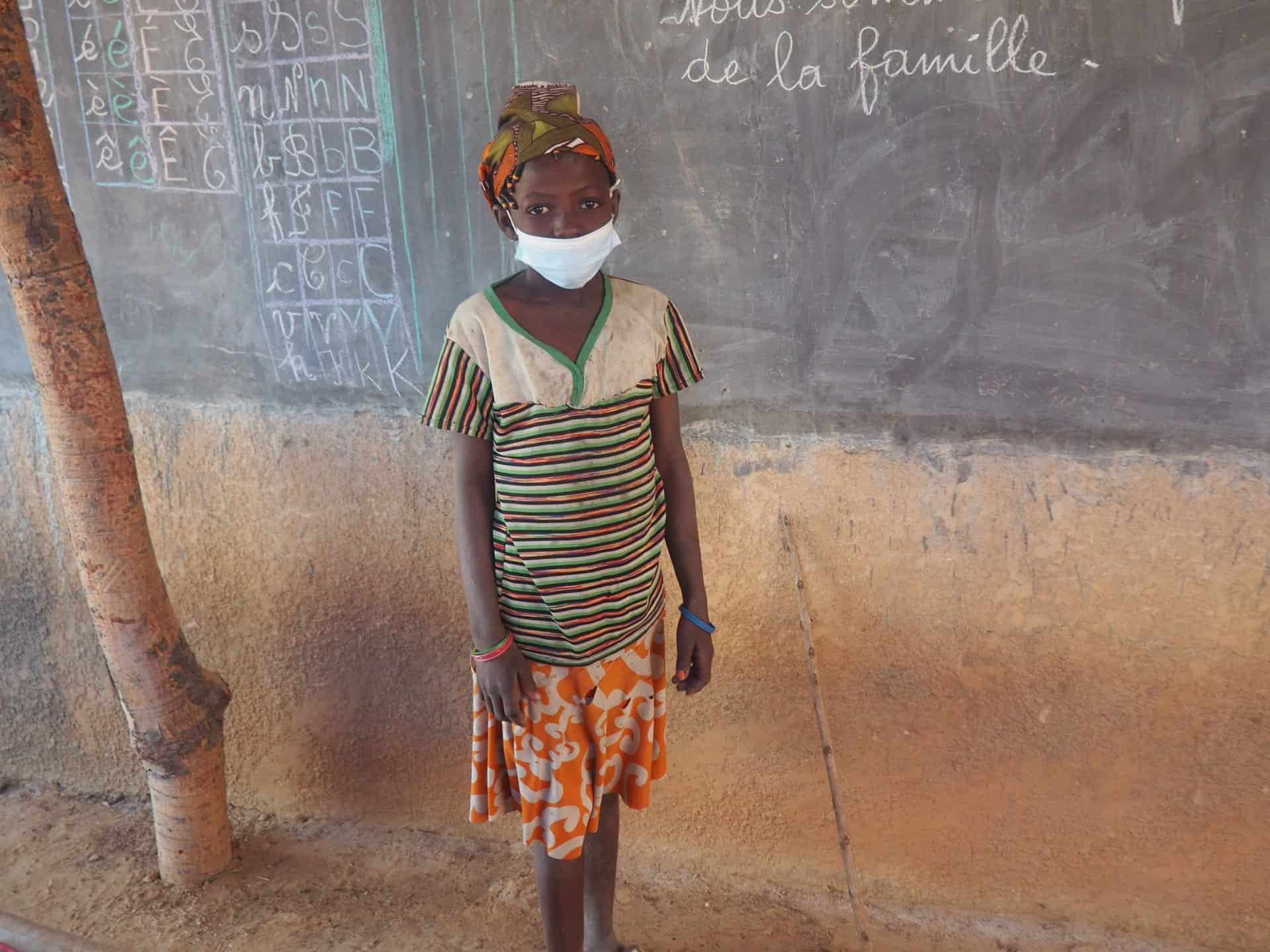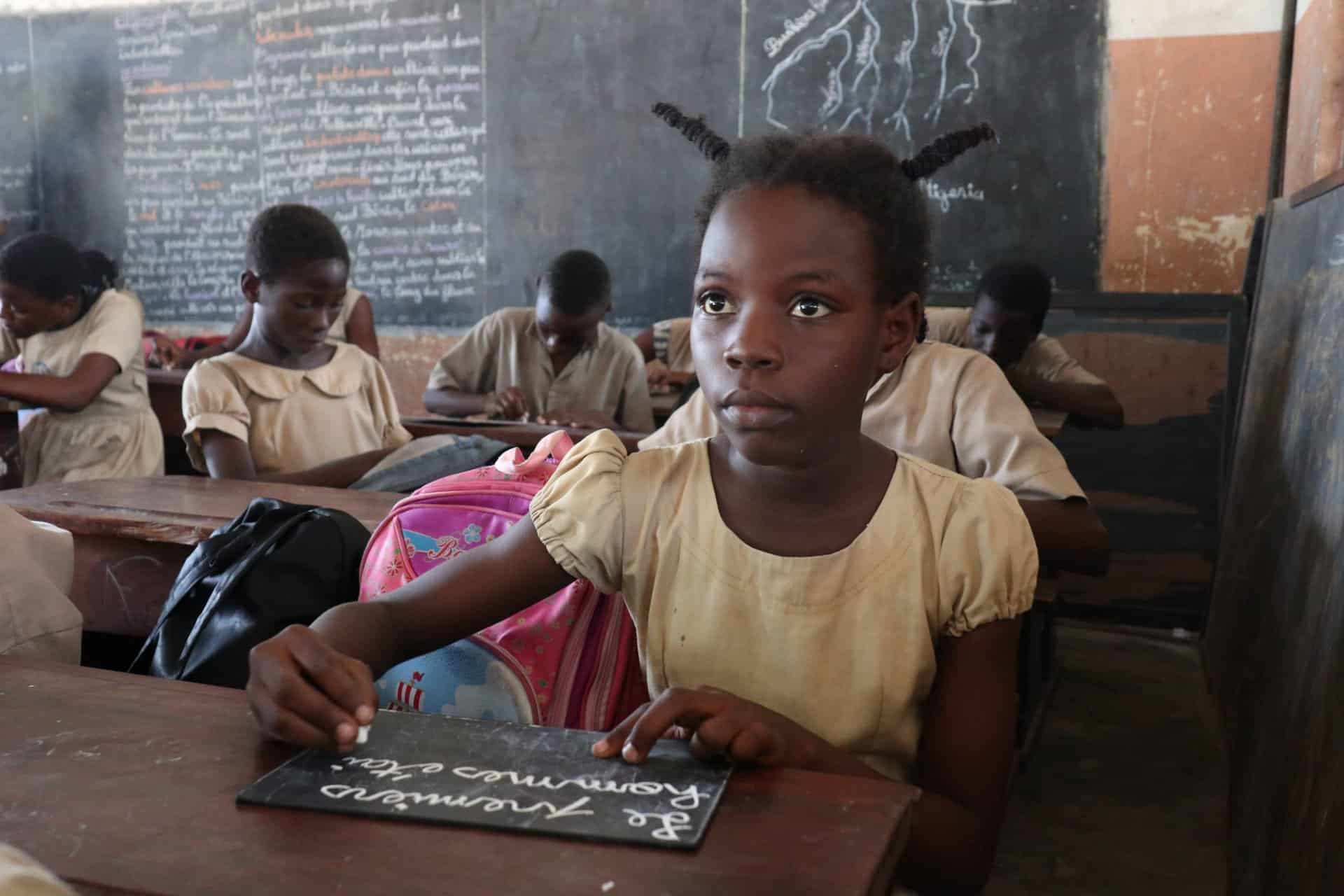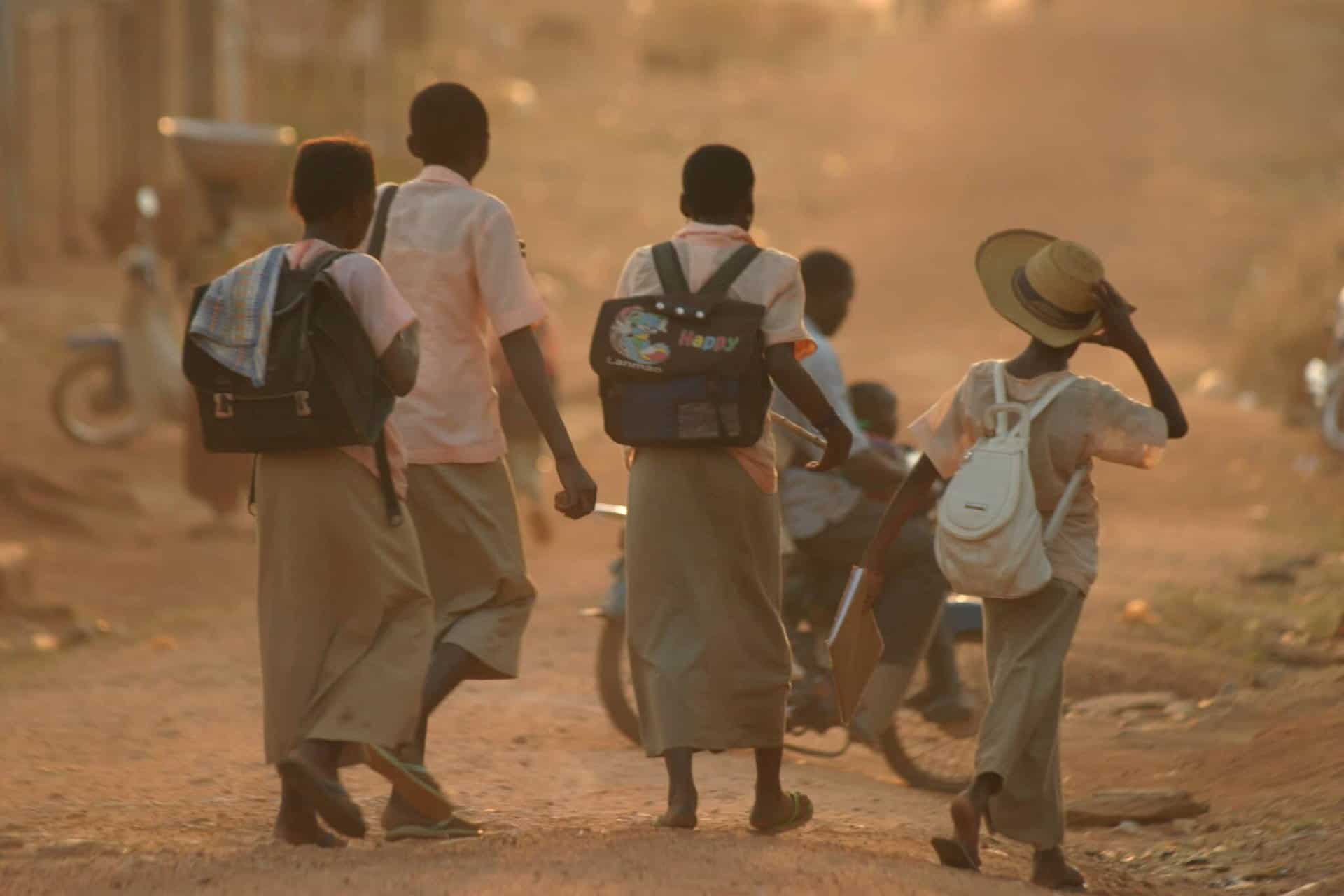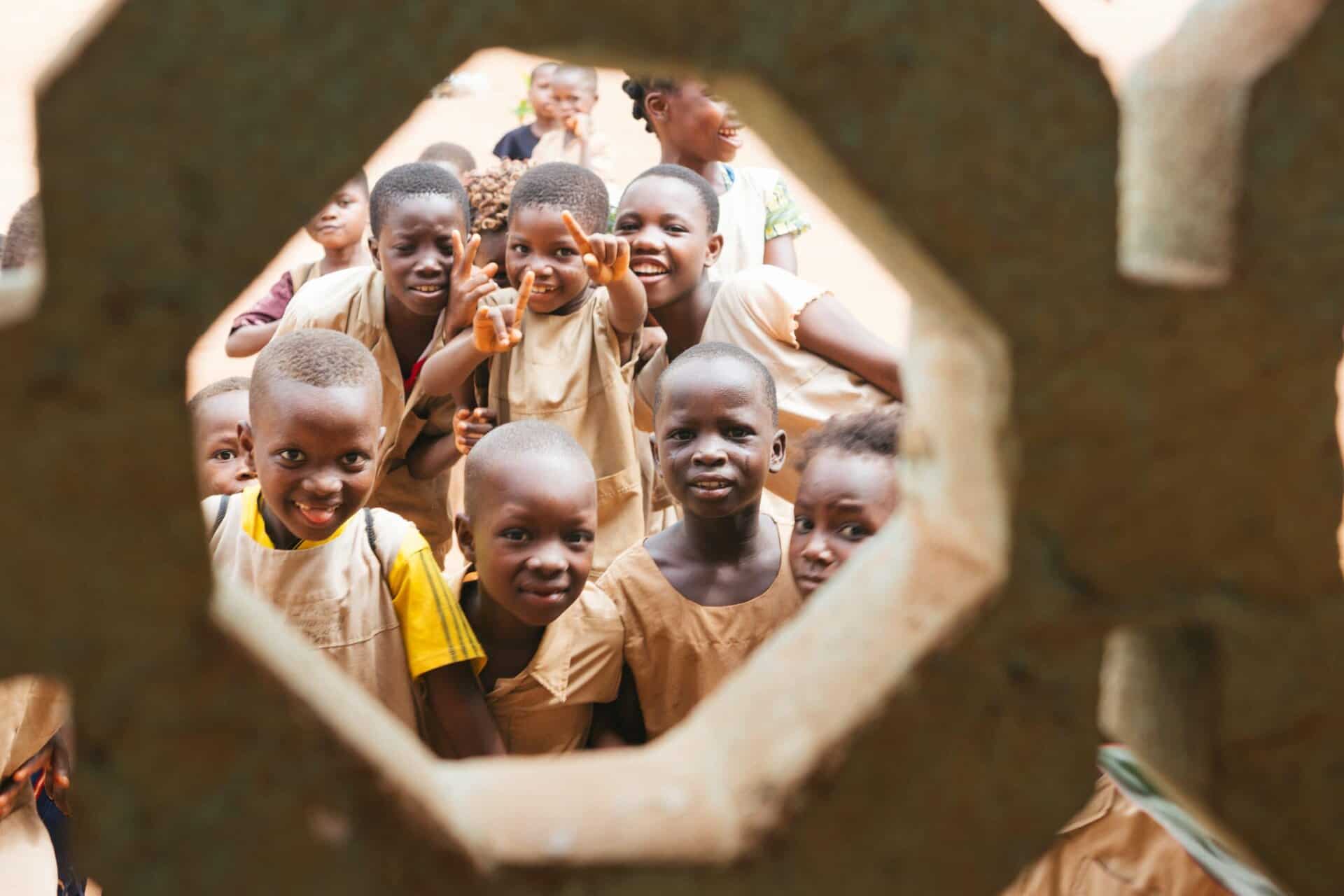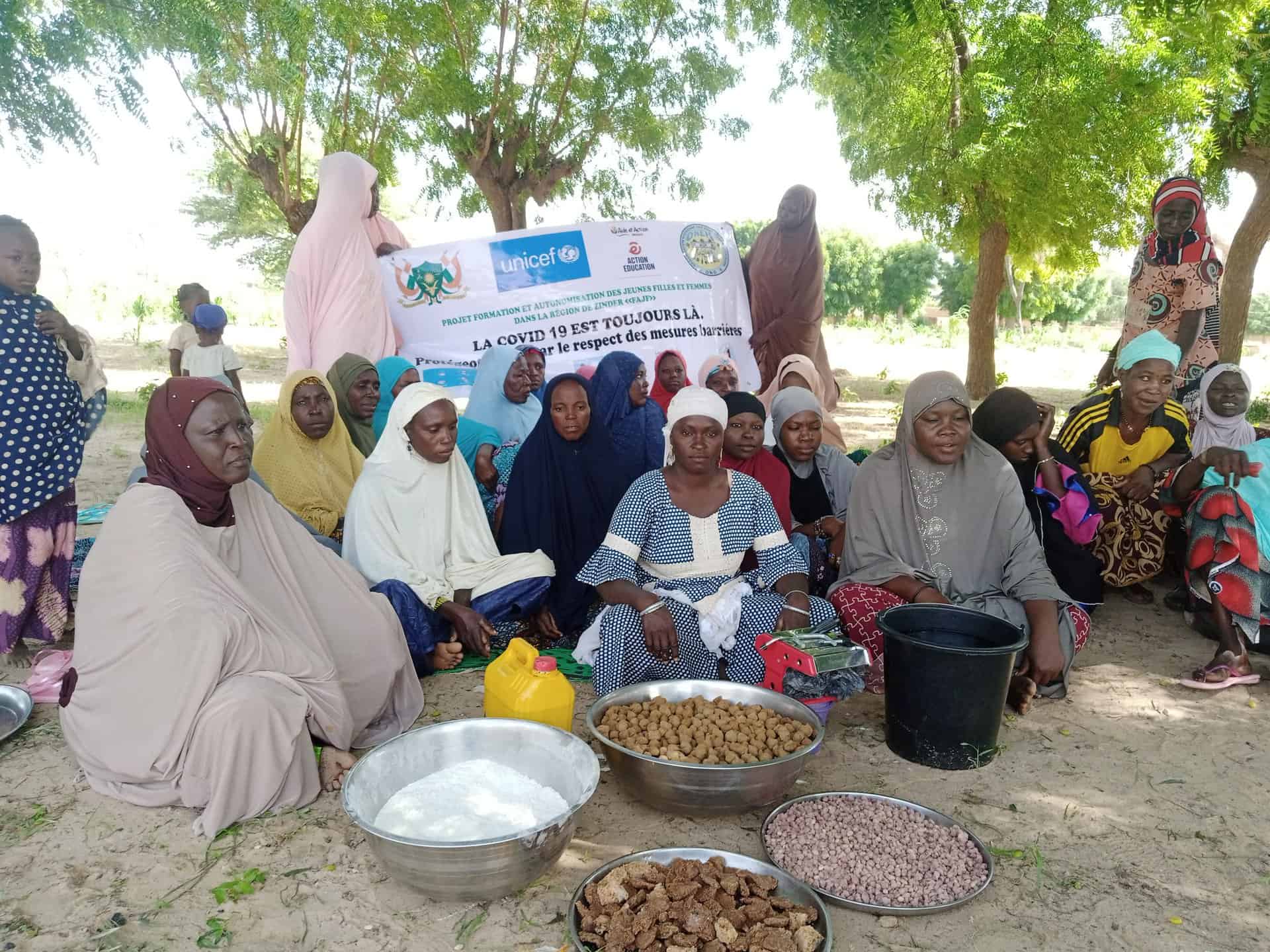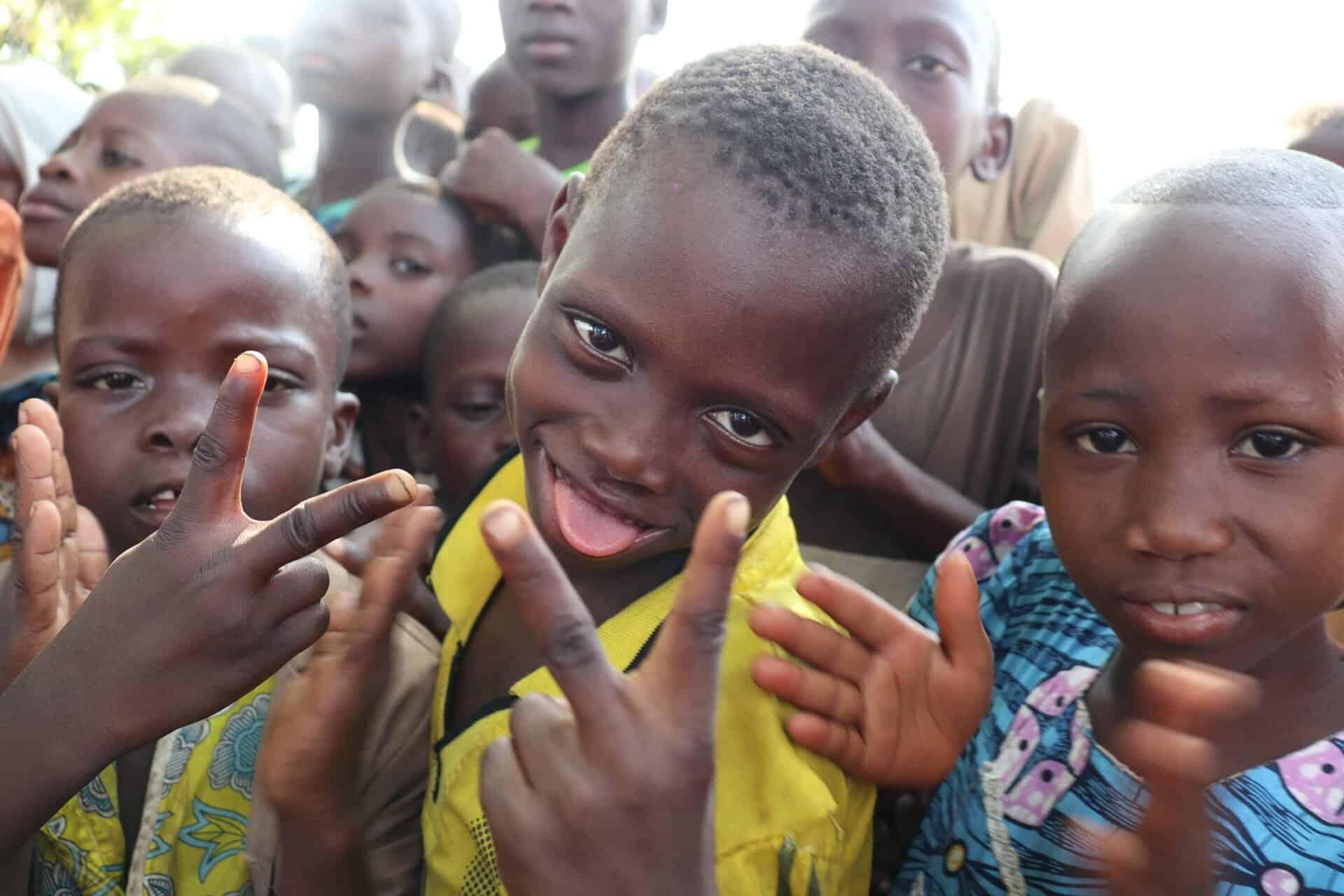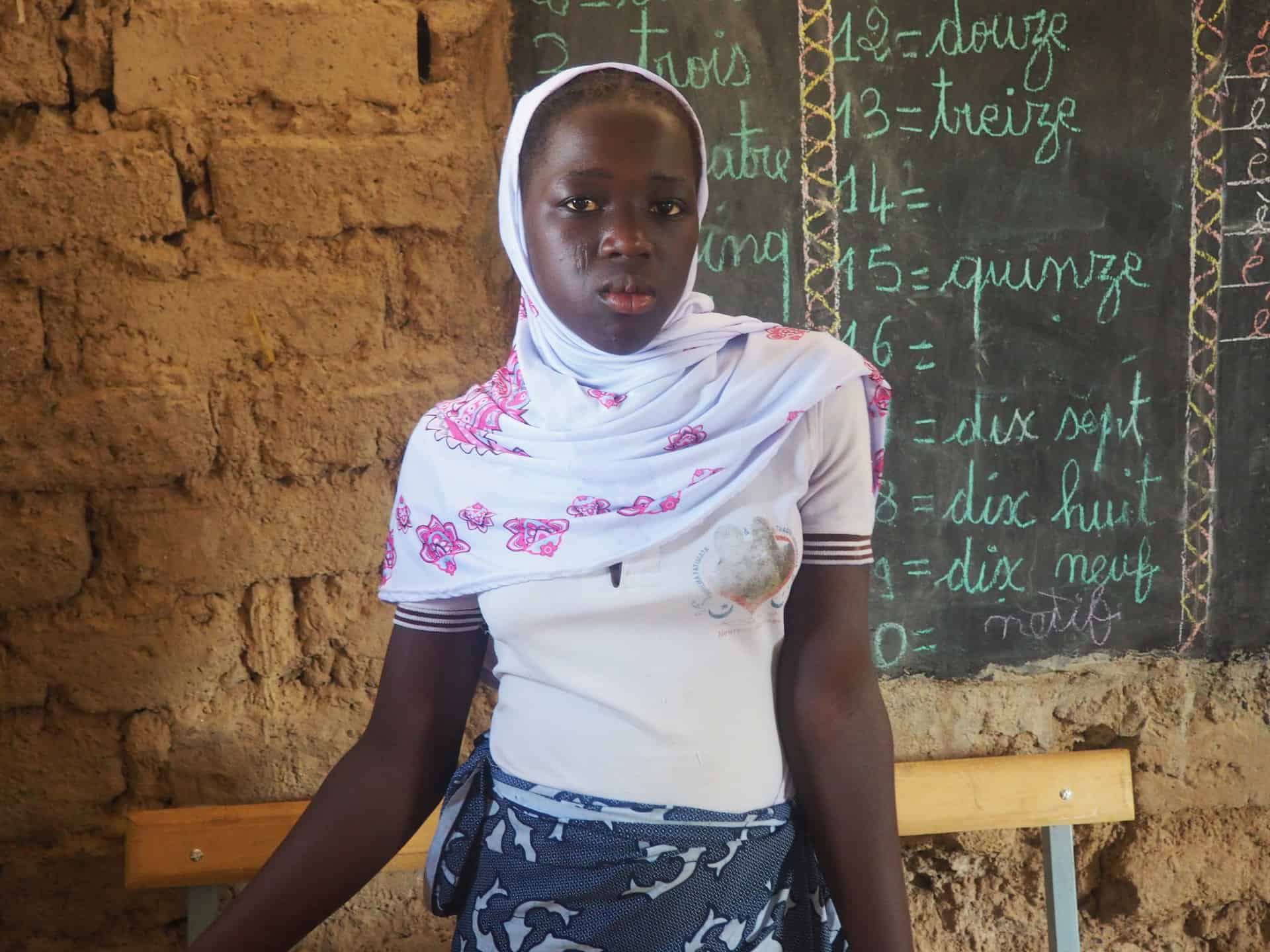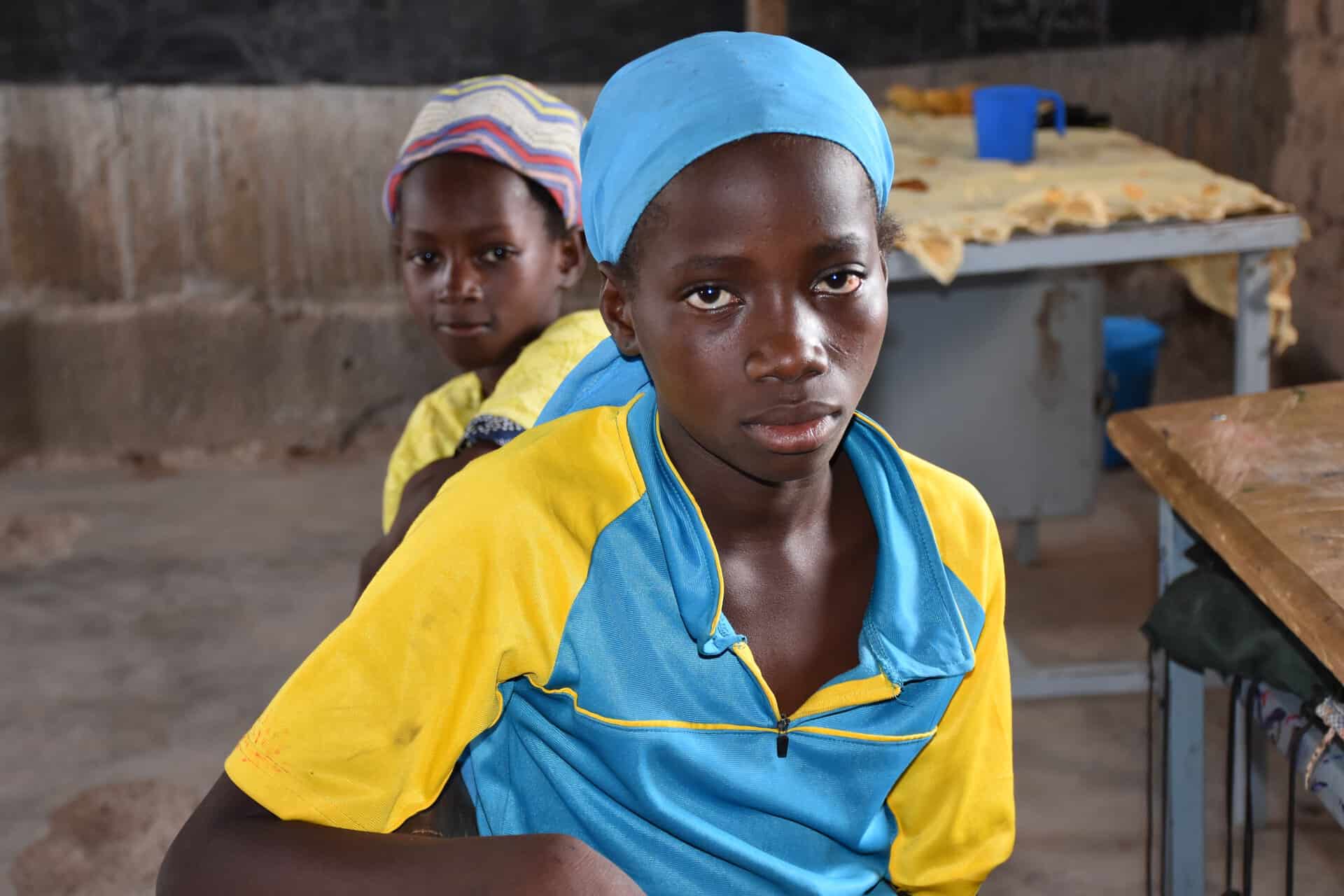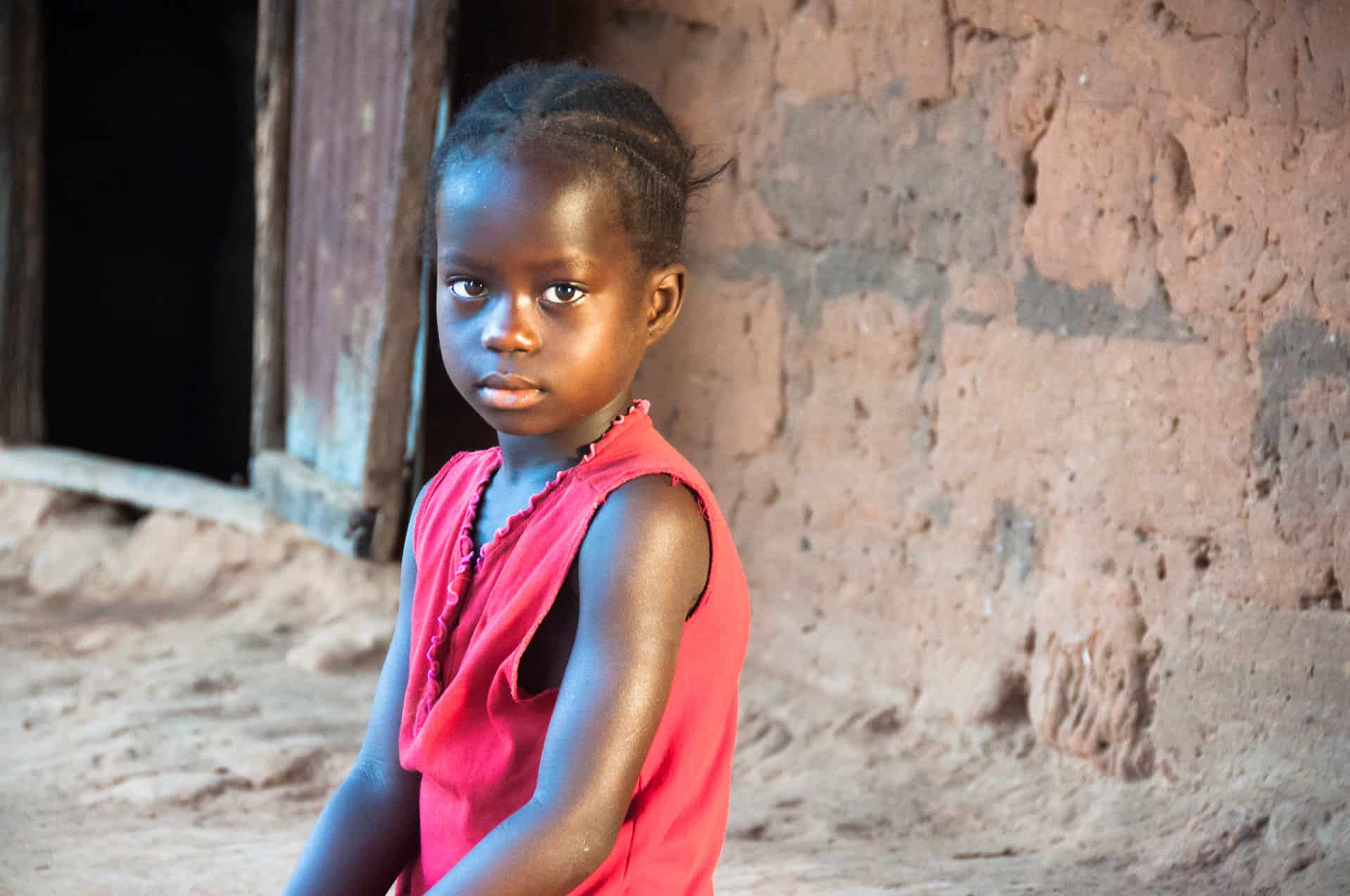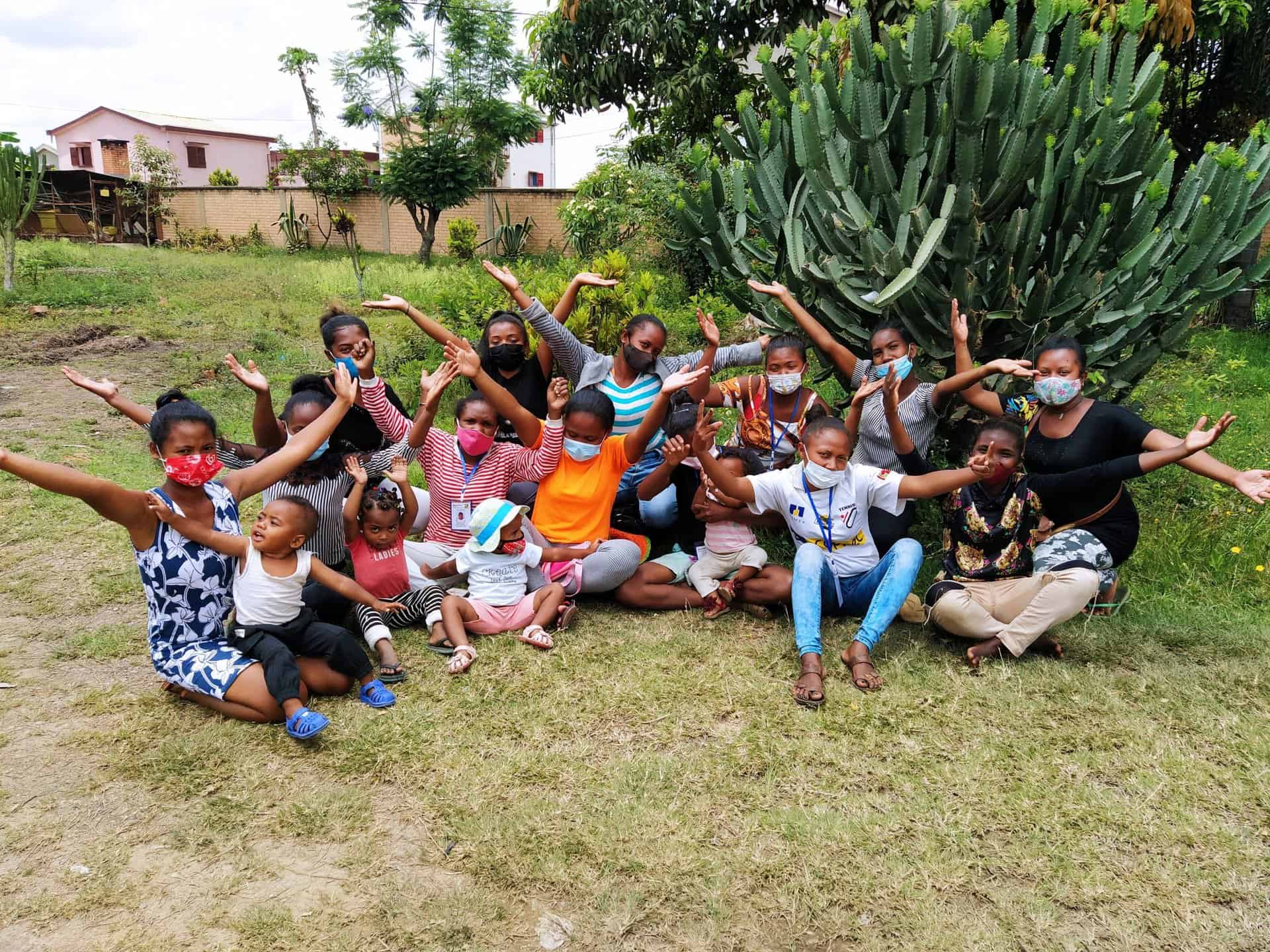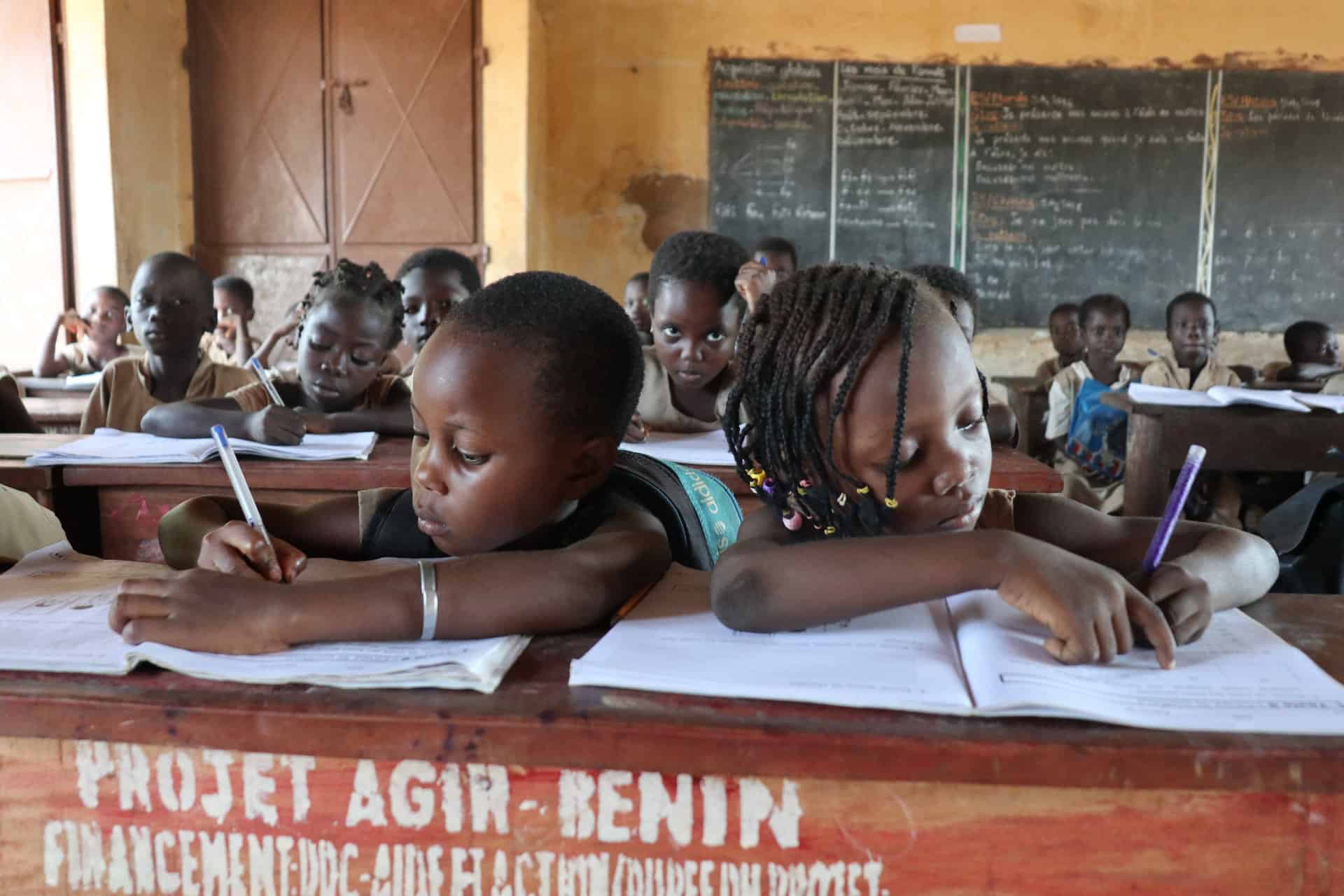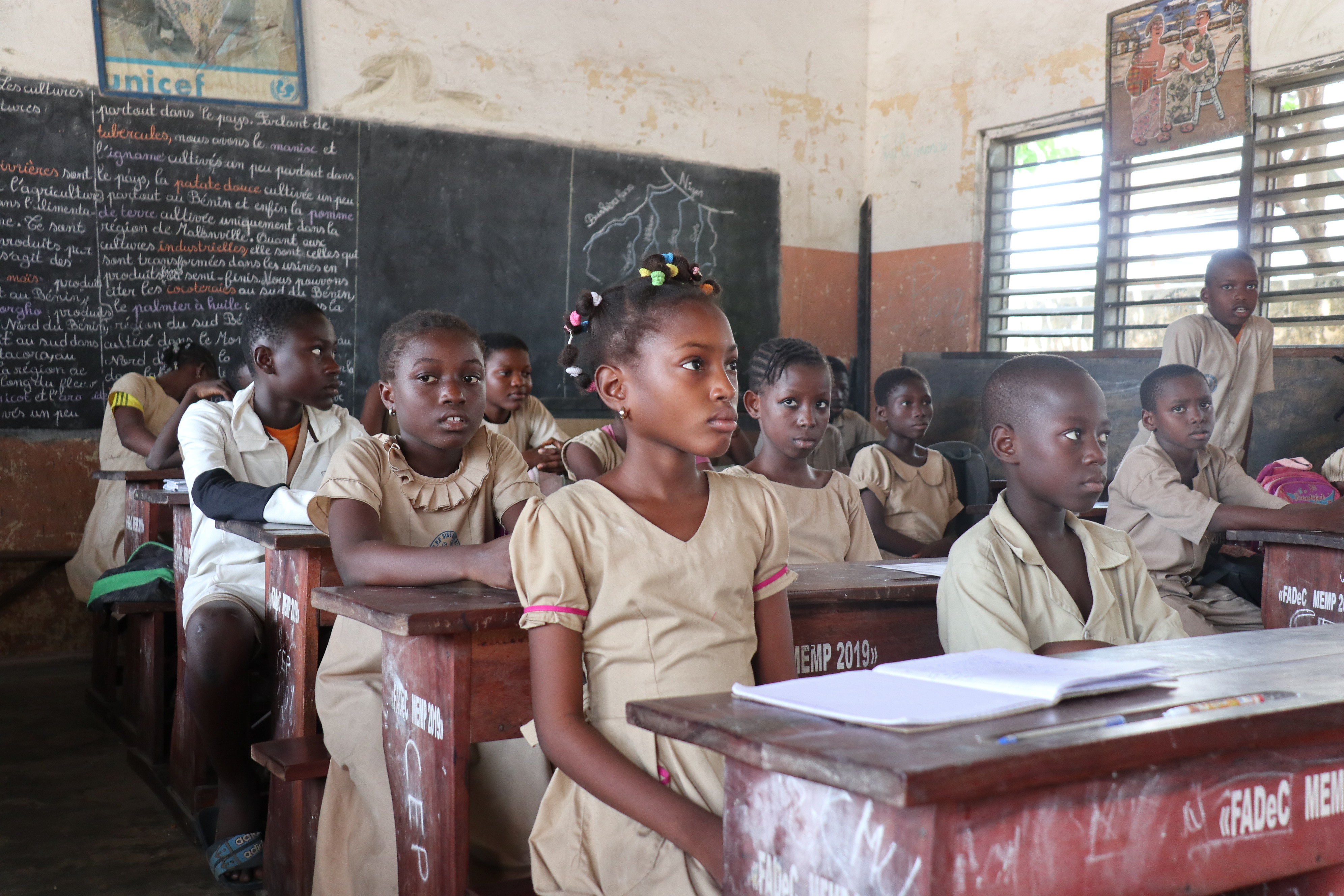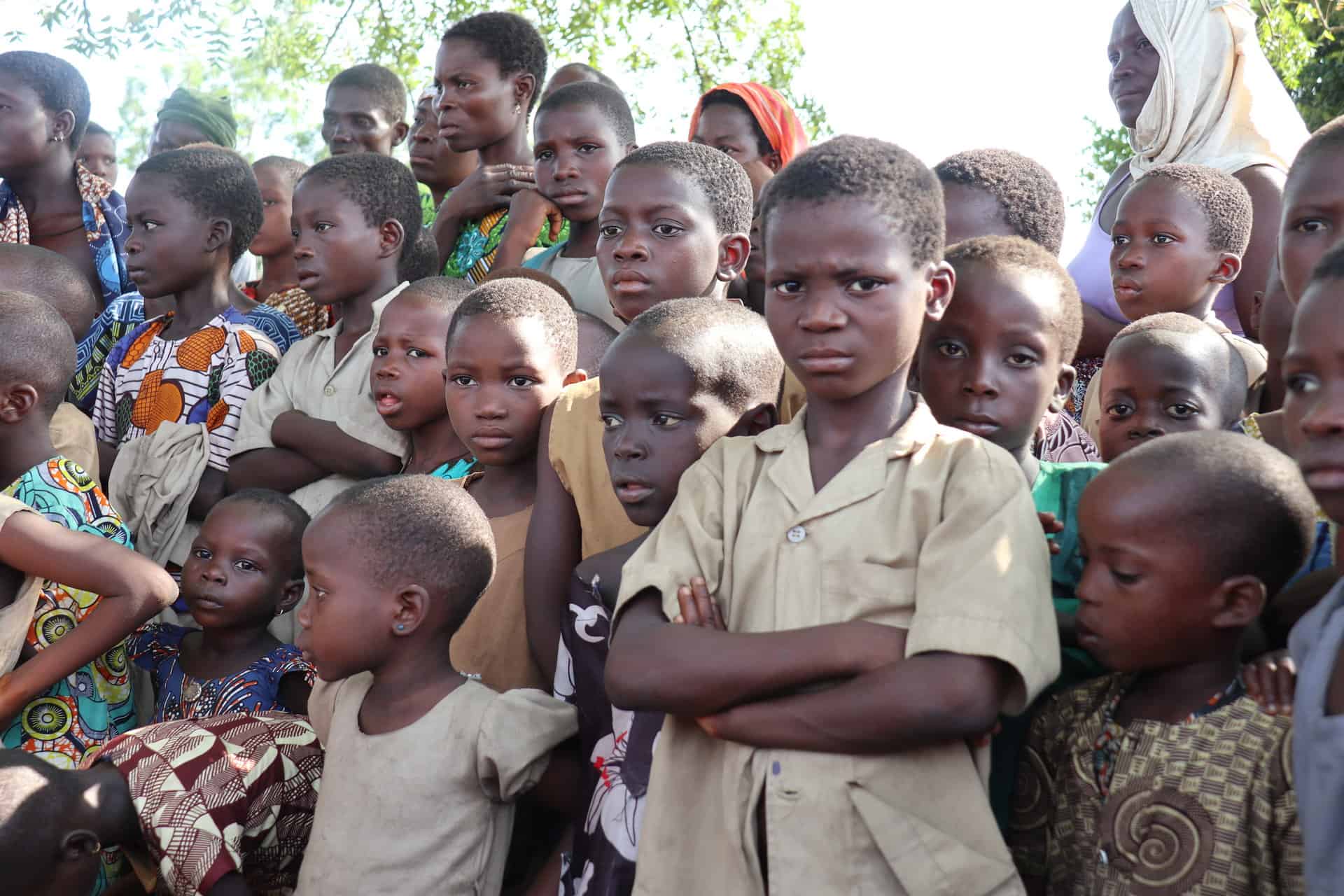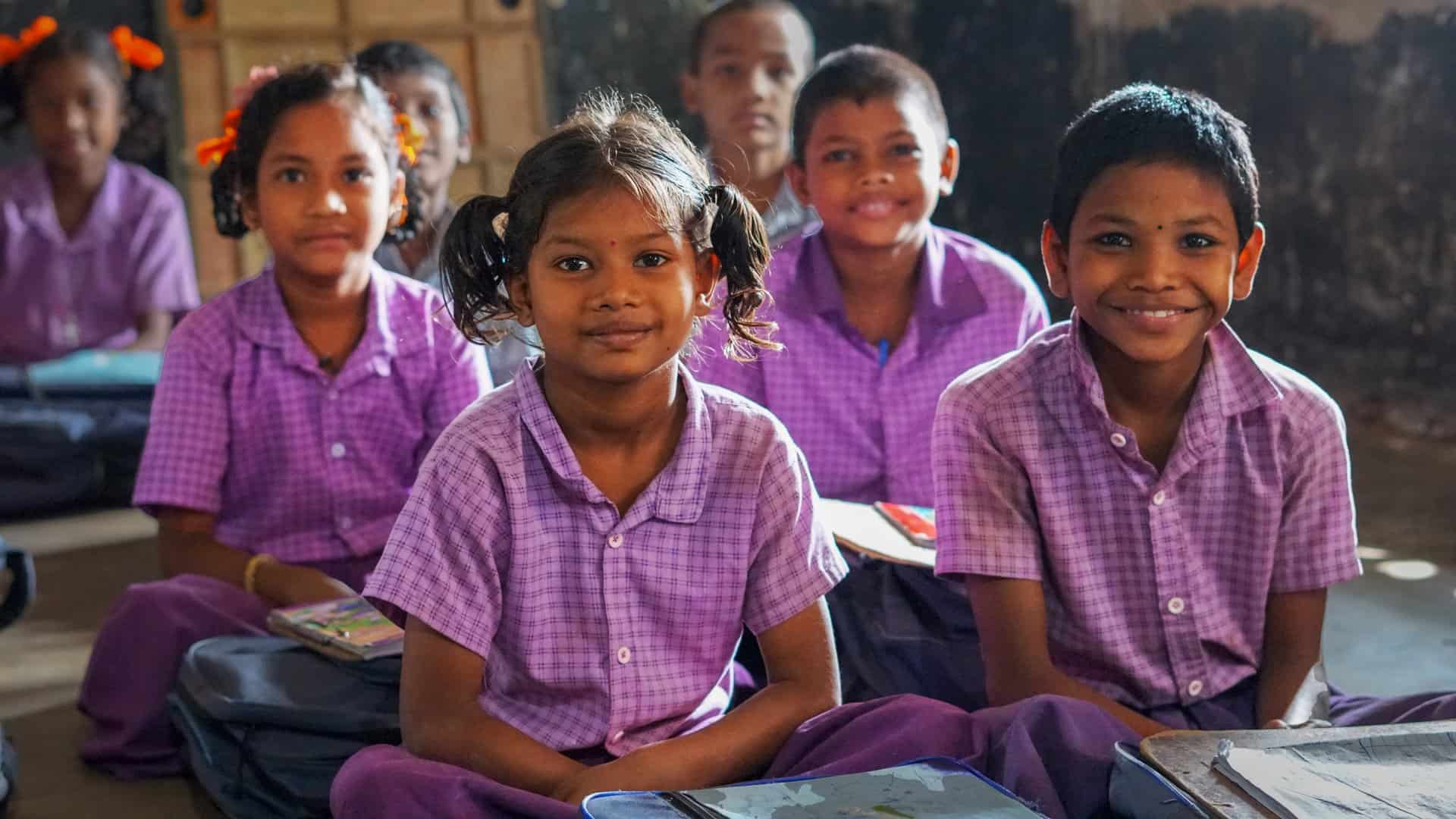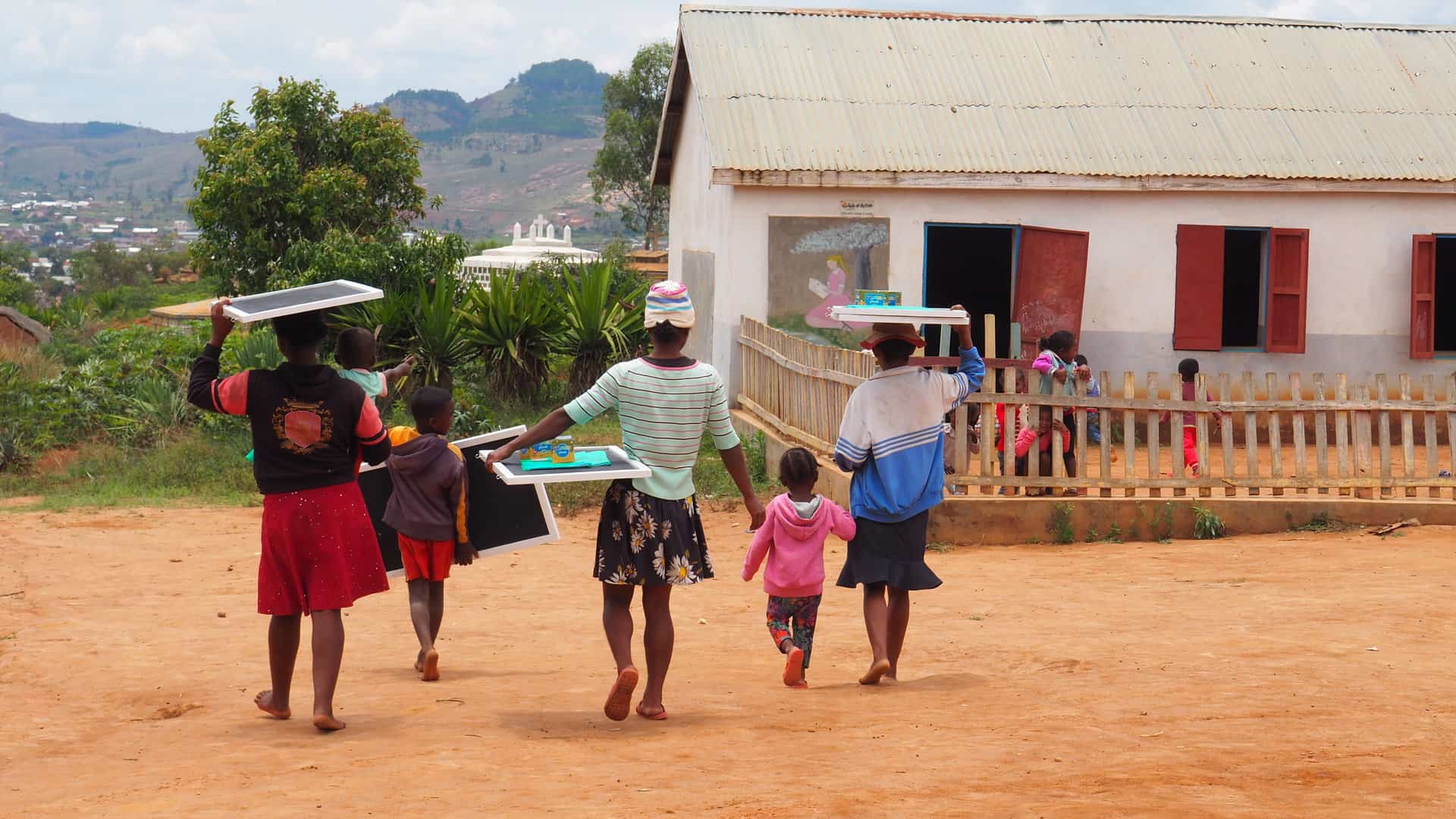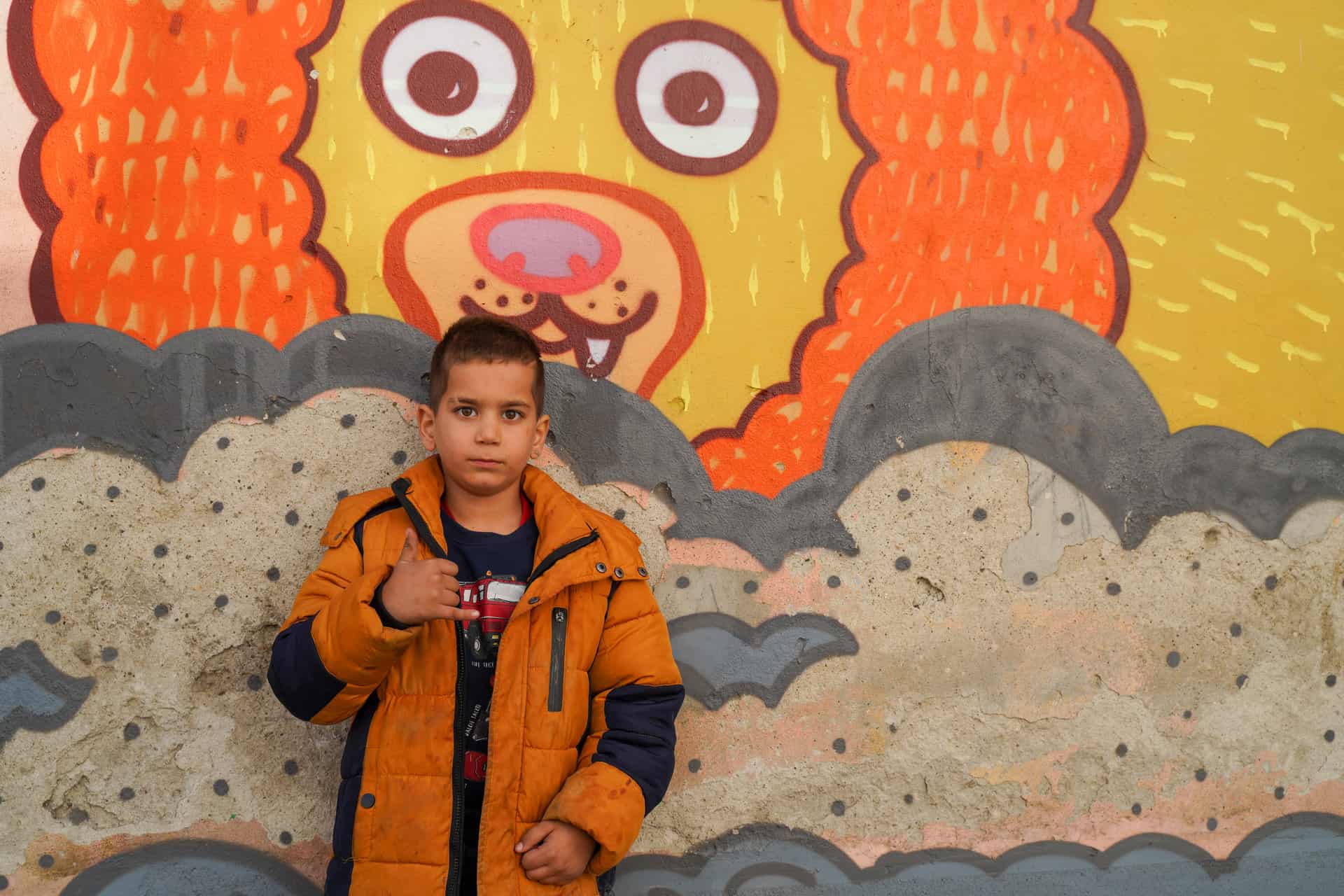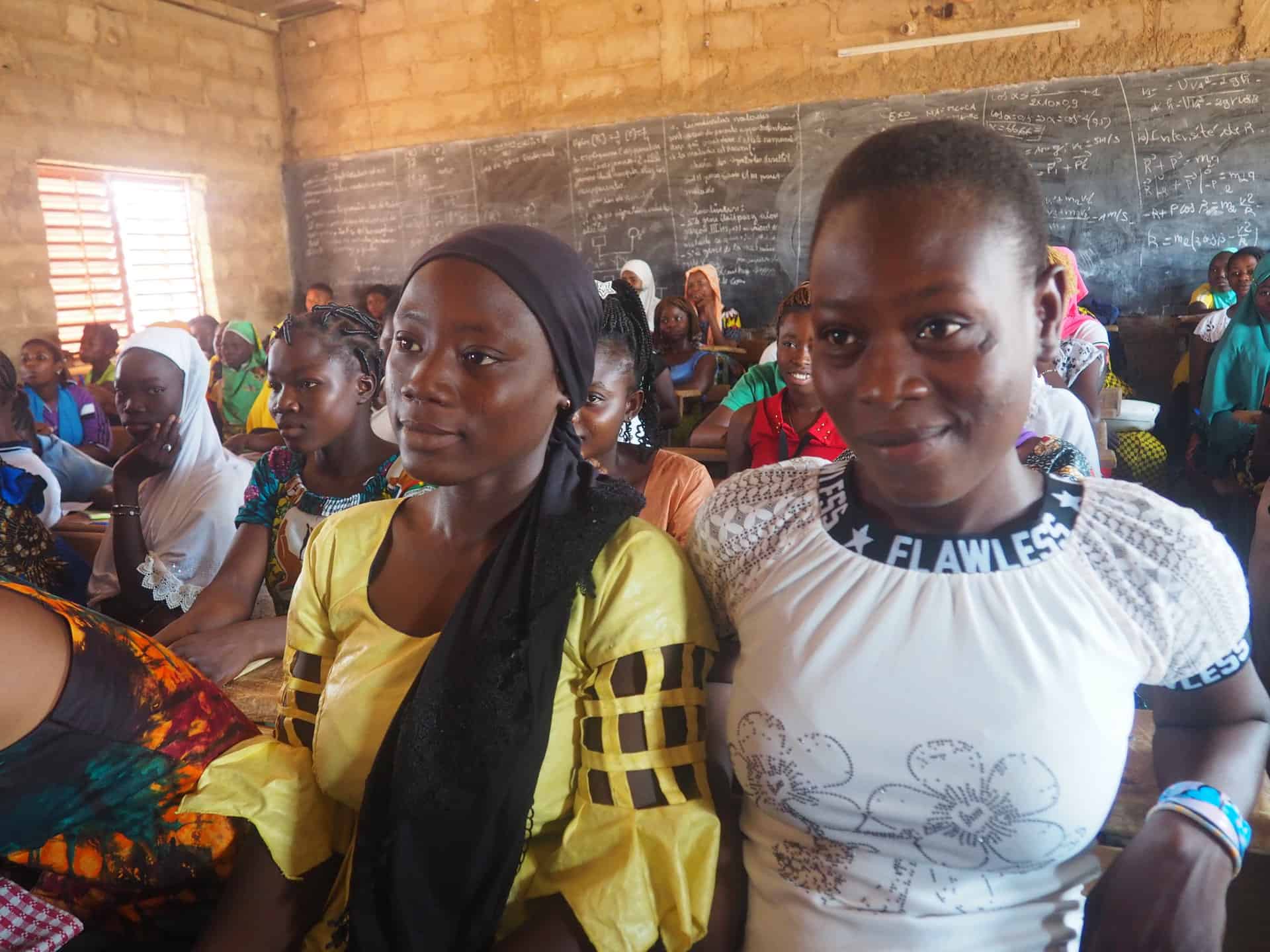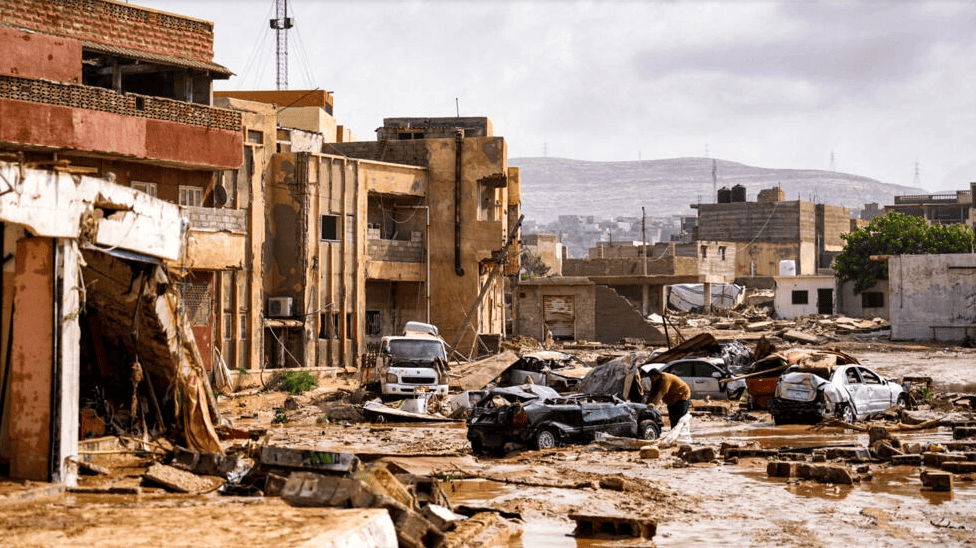Action Education in Africa

The context of intervention
- The persistence of the COVID-19 pandemic in all our countries of intervention;
- The security crisis in the Sahel countries (Burkina Faso, Mali, Niger) and its extension to Côte d'Ivoire, Benin and Togo;
- Socio-political crises (coups d'état in Guinea and Mali, disputed presidential elections in Benin and Niger, social movements and demonstrations following the arrest of the opposition leader in Senegal);
- Natural disasters (drought in Madagascar, floods in Niger).
With the support of our partners, we have continued to implement plans to respond to COVID-19 in various countries (Benin, Burkina Faso, Togo, Madagascar). The project will focus on the following: raising awareness of the need to respect barrier procedures and setting up alternatives that will allow lessons to be given while limiting the risk of contamination for students and teachers (particularly in distance learning).
In the Sahel countries (Burkina Faso, Mali and Niger), insecurity due to armed groups is a major problem for the education sector.
The populations of entire areas have been forced to flee their villages, schools are a prime target and schools in areas controlled by armed groups are closed and often ransacked and burned.
In Burkina Faso: according to the Technical Secretariat for Education in Emergency Situations (ST-ESU) - created to deal with this problem which has become a priority - by 31 December 2021, 2,444 schools were closed, affecting 304,000 pupils.;
In Mali: 1,621 schools are closed, affecting 486,300 students.
To ensure educational continuity, governments and their partners propose solutions to prevent these learners from dropping out of school: reception in schools located in safe areas and/or regrouping in special facilities. Unfortunately, not all the displaced students could be "recovered" and the security situation in the region continues to deteriorate.
Our areas of intervention
In 2021, the main areas of intervention for Action Education in Africa were :
- Access and quality of education
- Health education
- Education for life (training and employment)
- Education for sustainable development, peace and global citizenship
- Education in emergencies and post-emergencies
- Response to COVID-19
She testifies
Erica is 25 years old. She dropped out of school in the 6th grade, at the age of 10. She was recently accompanied by the project for the socio-professional integration of young single mothers who have dropped out of school in Antananarivo, the capital of Madagascar ("Sandratra").
"My child's father abandoned us and I could not have a 'normal' life like the other girls. I had to provide for us by myself, by any means, so I did all the little jobs like fetching water, carrying building stones, bricks...
With Sandratra, one of the things we did was to study life skills. This helped us to correct our shortcomings and to have a more open, broad mind and vision. Now I have a new life, I have become more courteous during discussions, especially in case of conflict. I am more forgiving too, because that's what I learned during the training. Even my child has this behaviour because I have passed it on to him. Any job suits me. I've already been through a lot. But ideally I would like to become a civil servant.
@ Dramane Sessouma

